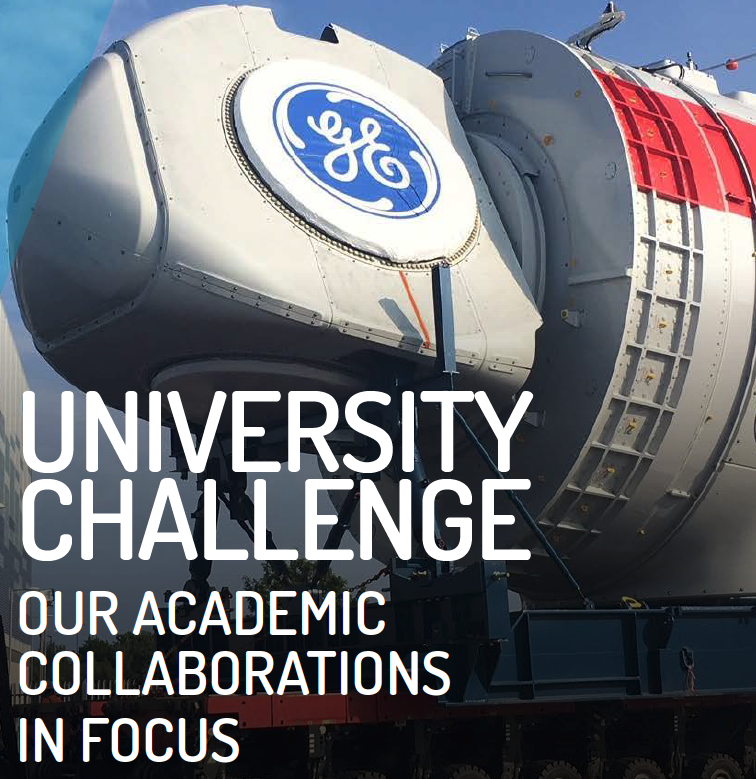
OUR RESEARCH HUBS
Our Research Hubs aim to build a stronger, complementary offering of academic research, innovation, demonstration and representative testing to the offshore renewables sector. The activities of the hubs combine academic and industry skills and resources to better respond to industry’s needs.
Our Research Hubs form part of our Academic Engagement Programme, designed to align our expertise with UK academic expertise in order to support the needs of the offshore renewables industry.
The hubs bring a more robust, complementary offering of academic research, innovation, demonstration and representative testing to the offshore renewables sector. Pooling skills and resources provide a critical mass to leverage further funding, e.g. competitive R&D revenue (from competitive funding programmes) and existing university research programmes, into the Research Hubs.
At ORE Catapult, the research team possesses a broad range of expertise, which aligns well with the knowledge area focus of the Research Hubs.
The Research Hubs do not operate from a fixed location; instead, the researchers take advantage of the facilities available from both the universities and ORE Catapult, depending on the specific requirements of the projects undertaken.
WIND BLADE RESEARCH HUB
Established in 2017, this research hub was instigated with a mission to develop larger, more efficient wind turbine blades that harness more energy from the wind. The University of Bristol were bought onboard as the hub’s academic partner. This Research Hub marked the first strategic investment we made to increase the depth of our partnerships with academia.
The hub’s key objectives are:
Investigation of novel materials and coatings
Non-Destructive Testing method development
New advanced condition monitoring techniques
Improve methodologies for aeroelastic / aerodynamic modelling
ELECTRICAL INFRASTRUCTURE RESEARCH HUB
Founded in 2018 in collaboration with the Universities of Strathclyde and Manchester, the Electrical Infrastructure Research Hub aimed to address complex questions surrounding electrical infrastructure in the offshore renewable energy sector, focusing on reliability, affordability, and future innovations.
The hub’s key objectives are:
Reliability and availability of offshore renewable infrastructure
System/sub-system optimisation for next-generation turbines
The advancement of smart energy systems of the future
POWERTRAIN RESEARCH HUB
Established in 2019 and aligned with the powertrain knowledge team, this research hub focuses on the development of next-generation offshore wind powertrains, optimising their operation, reliability and performance.
With the Universities of Sheffield and Warwick onboard as the hub’s academic partners, the Powertrain Research Hub aims to support the development of future technologies for larger turbines.
The hub’s key objectives are:
Reliability improvement and advanced test methodologies
Advanced health condition monitoring and prognostic technologies
Development of next-generation powertrain components for larger turbines
REENERGISE MAGAZINE
Issue #15 includes a deep dive into our academic programmes and research capabilities.
“ORE Catapult’s Research Hubs are crucial powerhouses for that industrial academic collaboration. Combining existing academic strengths with extensive industry knowledge, access, and world-leading test and demonstration facilities, they are able to support the journey from early-stage academic research to the commercialisation of products and services for the sector.” – Professor Deborah Greaves OBE.

CONTACT OUR TEAM


